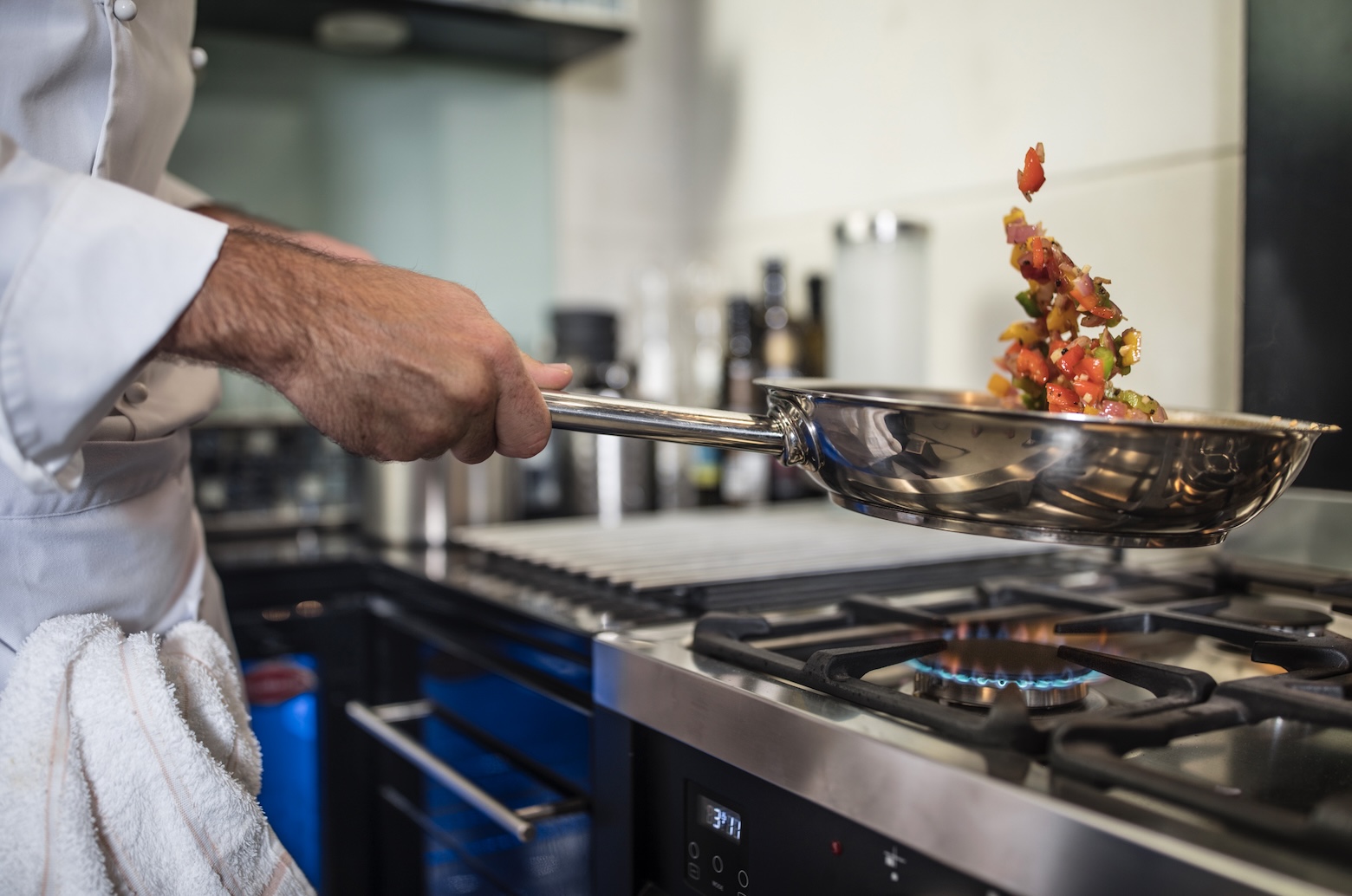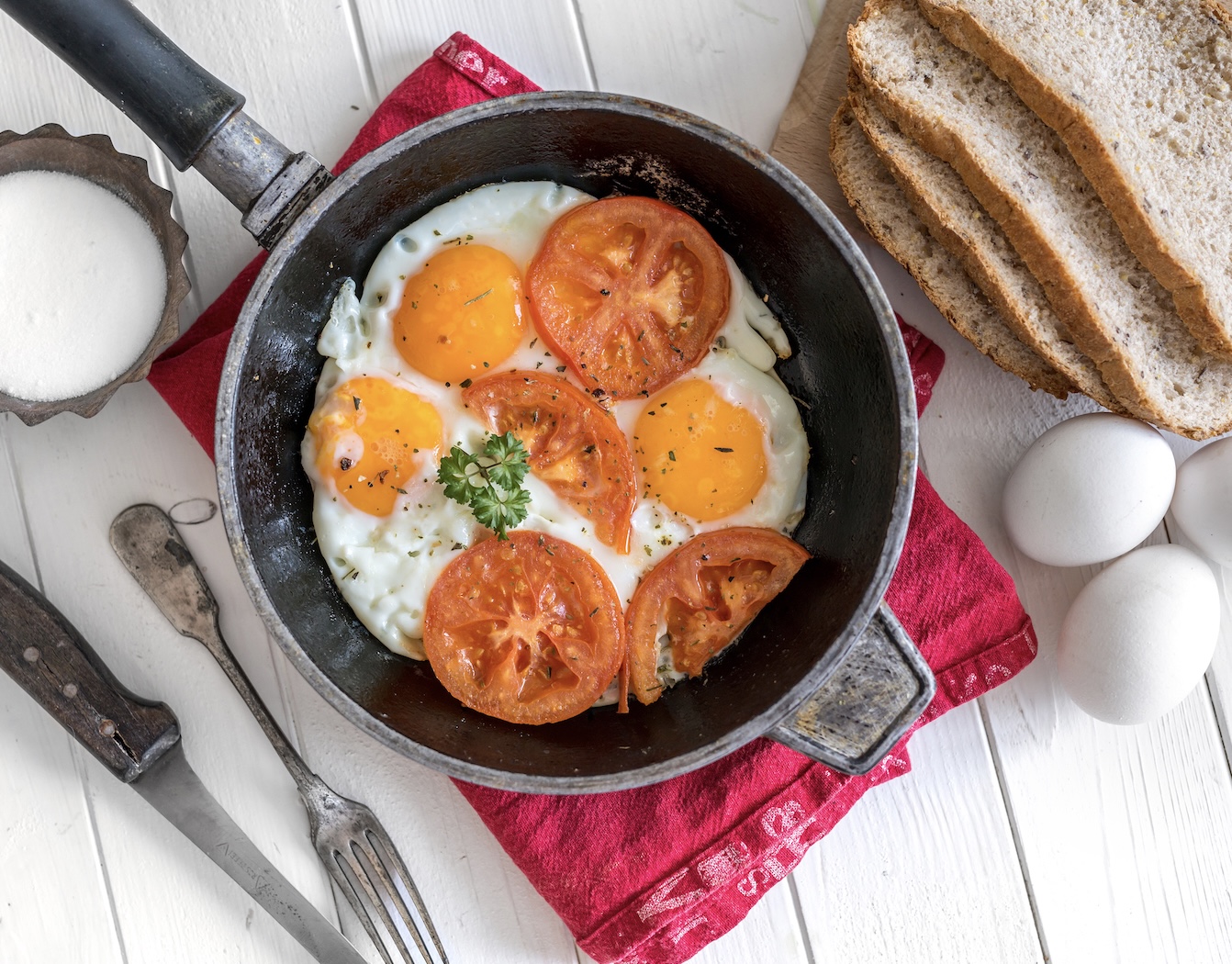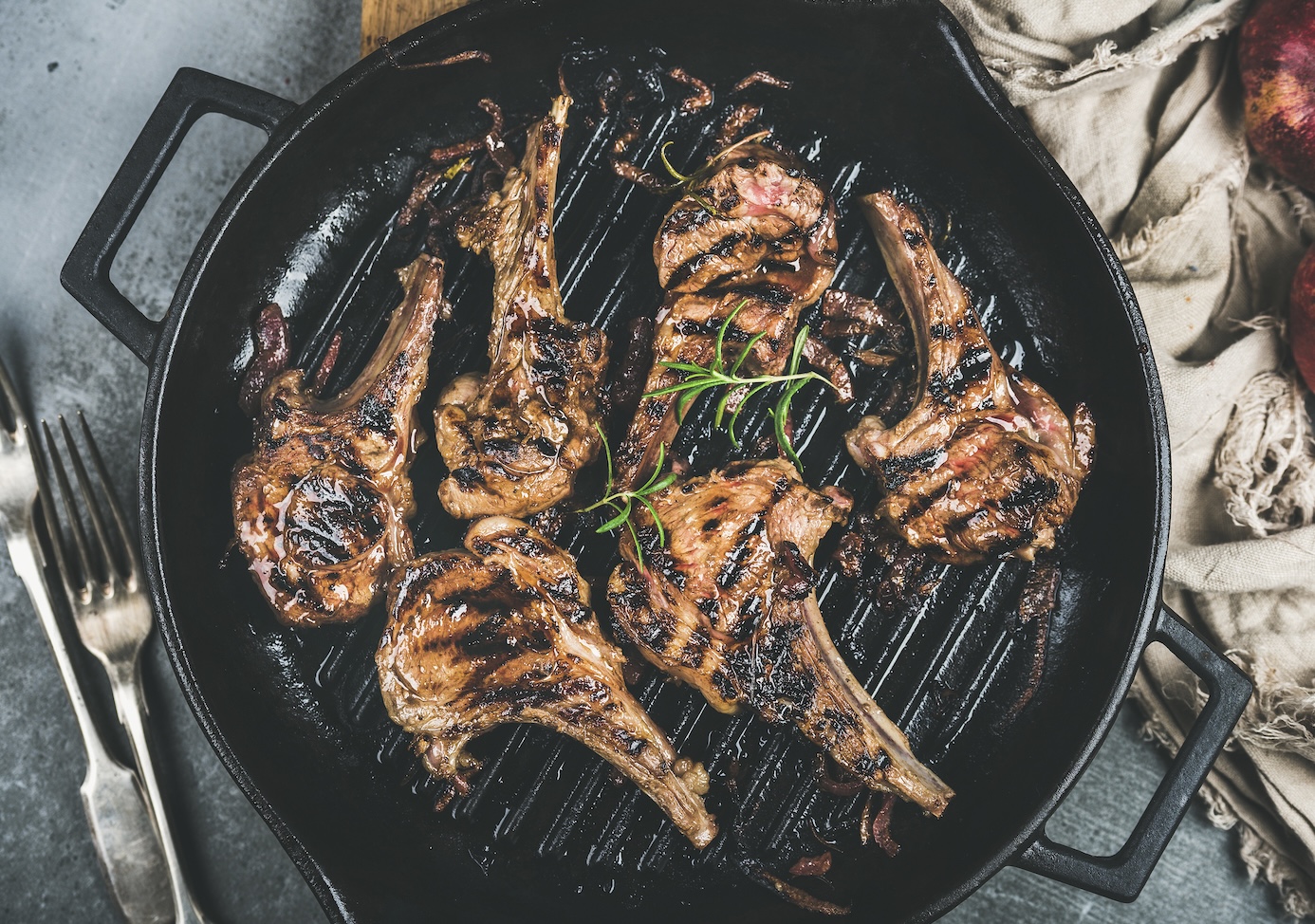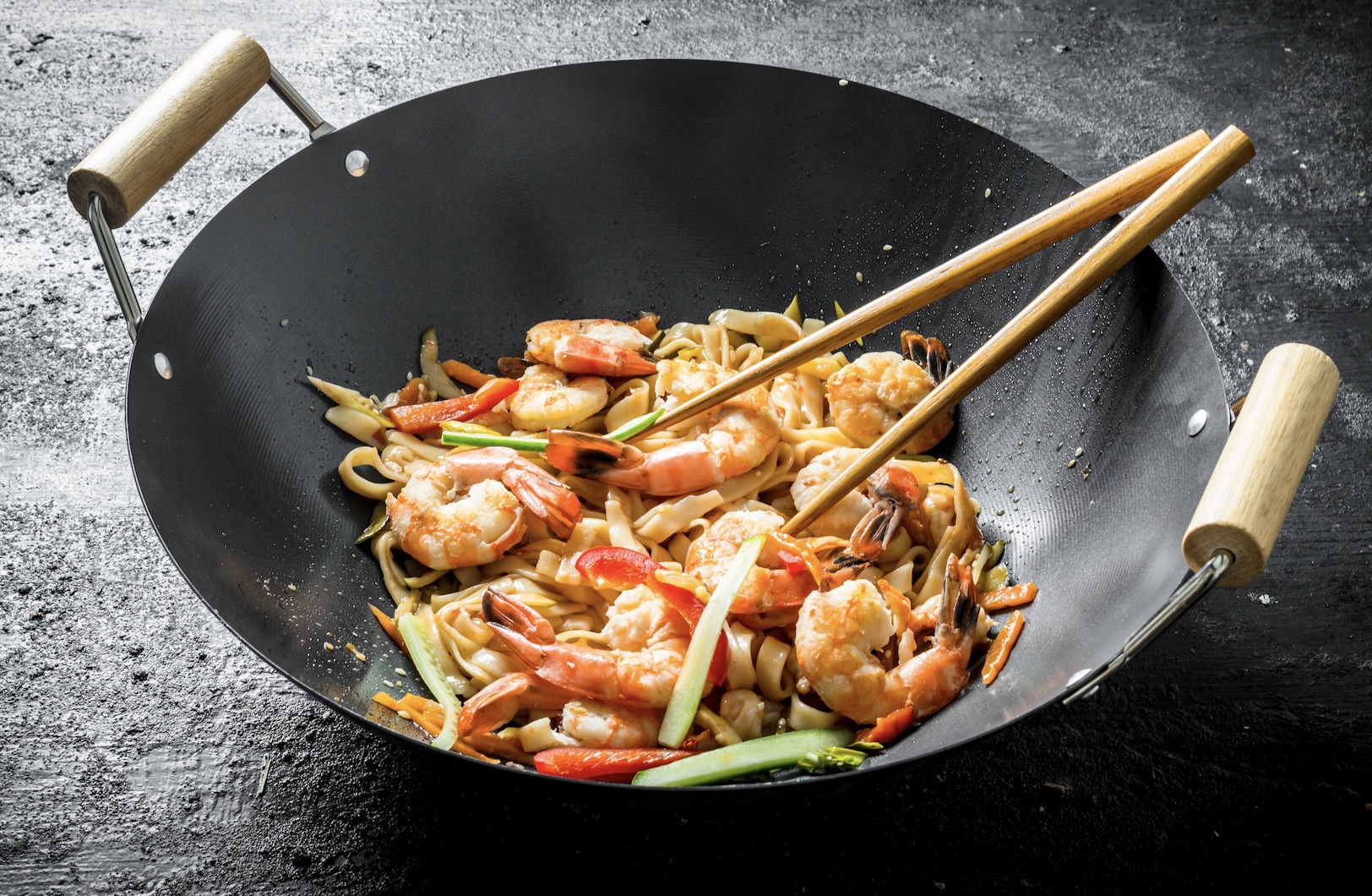So first, why is it important to have quality pans in your kitchen? Having a collection of quality pans in your kitchen is crucial for a number of reasons. Properly heated pans allow for evenly distributed heat, which reduces the likelihood of food burning and helps to produce consistently cooked meals. Quality pans are built to last, providing durability and longevity, which saves money in the long run.

The non-stick properties of quality pans make cooking delicate foods like eggs and fish easier and reduces the amount of food that sticks to the surface. Additionally, quality pans made from materials like cast iron and stainless steel are generally healthier for cooking, as they don’t contain harmful chemicals like PFOA and PTFE that can seep into your food.
Which pans do you need in your kitchen?
Using quality pans can enhance the taste and appearance of your cooking, making it more visually appealing and enjoyable to eat. In conclusion, having quality pans in your kitchen is essential for creating delicious and healthy meals that are both efficient and easy to prepare. To positively impact the outcome of your cooking, make sure you have these pans in your home:
- Skillet: versatile for frying, sautéing, and browning. Good for eggs, vegetables, and small cuts of meat.

- Saucepan: great for making sauces, boiling water, or cooking grains. Choose one with a heavy bottom to prevent scorching.
- Stockpot: large pot with a lid, used for soups, stews, and boiling pasta.
- Dutch oven: heavy pot with a tight-fitting lid, ideal for slow-cooking and braising.
- Roasting pan: large pan with a rack, designed for roasting meats and vegetables in the oven.

- Wok: round-bottomed pan, commonly used for stir-frying.

- Crepe pan: thin, flat pan for making delicate crepes and pancakes.
- Griddle: large, flat surface for cooking foods like pancakes and bacon.
When choosing a pan, consider factors such as heat conductivity, non-stick properties, and durability. High-quality materials like stainless steel and cast iron are durable and can withstand high heat, but require proper seasoning and maintenance. Non-stick pans are convenient for quick and easy clean up, but have a shorter lifespan.
